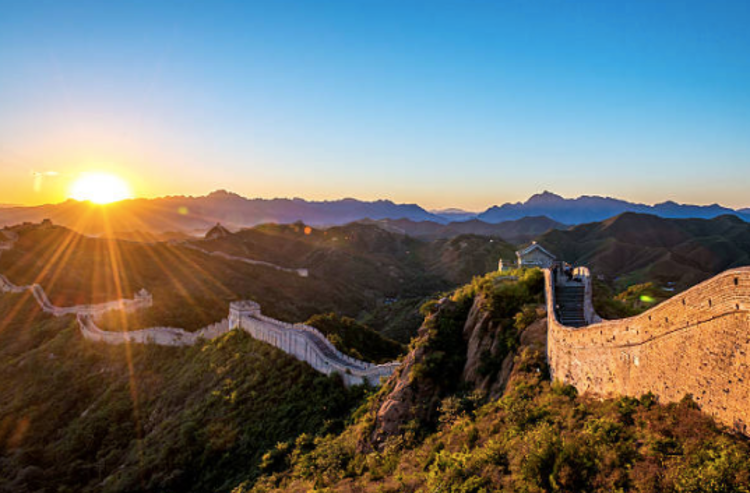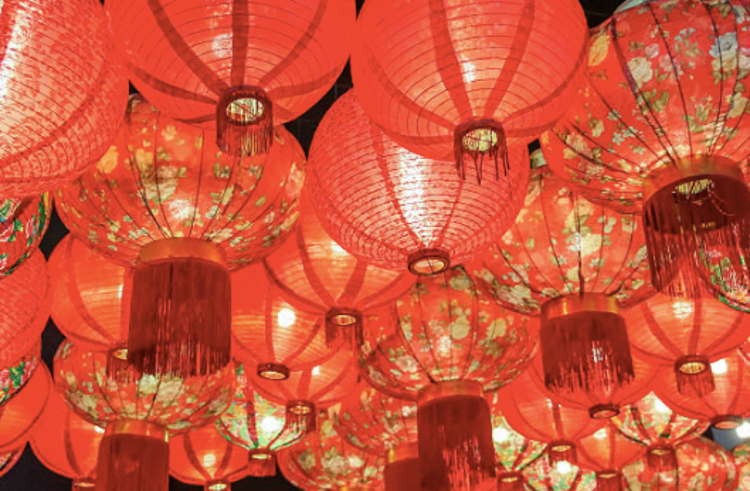Soft Power, Social Media, & The Great Firewall | Living In a Censored China
When I first touched down in China, I was struck by several things – the heat, the driving, the amazingly cheap food, and the efficiency of the cities. But the one thing that continues to baffle me as I slowly become habituated to my new dazzling and neon environment is the internet access. Albeit, the lack thereof.
All western social media (Facebook, Snapchat, Instagram, Twitter etc.) and Google are blocked. China’s Great Firewall is no joke, and I regret taking it as one. Before coming to China, I had battened down the proverbial hatches in anticipation of the firewall, which I assumed I would have no problem slinking by. I told friends and family that I maybe a little uncontactable on occasion, much to my parent’s discomfort. I purchased a Virtual Private Network (VPN), following suite of all the expats before me, though admittedly I was unsure of the legality of the whole thing, but primarily didn’t really care.
Though despite these preparations the reality of living in a censored world didn’t hit me until I was cut off. Day one and no way to phone home. My phone was virtually useless, I had managed to connect my VPN when I arrived in the airport, which lulled me into a false sense of security that lasted a sum total of 5 minutes before I was cut off again for two days. And in those two days of immediate isolation, I realised how Google dependent I was.
My emails were no good, my app store was no good, I had no way to send even a quick “I’m okay” to my family. I tried to search some of the Chinese search engines, but unfortunately trying to Google a search engine is a stupid idea. Eventually I managed to get onto Yahoo (which isn’t totally blocked, alongside Bing) and set up a Yahoo mail account (the peak of desperation).

Since then my VPN has worked semi-reliably on stable WiFi, though it operates at a glacial pace, so I don’t waste as much time perusing Instagram, though this is probably in my benefit. However, the prospect of facing a year totally disconnected frighten me in a way in didn’t think it would. The Great Firewall may restrict access to social media, which some people may view as a good thing, but it exists solely to control the flow and content of information, not to control hours spent on Facebook.
Instead of using Facebook and Co, WeChat is the social media of choice. China’s one stop social media choice. All types of communication happen on WeChat, formal to informal, work and play together. You can even link your bank account to WeChat and pay for anything you could possibly want though the app.
The efficiency of Chinese Social Media amazed me, I could order coffee to my bedroom for 20c delivery, I could order a taxi to my house in 2 minutes and travel across the city for 4 euro. With all these amazing services why would it bother me that each app has asked for permission to monitor and manage the calls coming to and from my phone? Which I have granted, by the way. They don’t really work without it.
The permissions that are requested are used in full, with certain words beginning deleted should they be used too frequently, even in what may seem like private messages. I’ve taken note not to discuss any VPN issues with friends over WeChat anymore.
The mindset of censorship and being monitored is hard to adapt to. I don’t have any particularly strong political views, if I did, I probably wouldn’t have moved to China. So I view all my inquiries as general, relatively innocent, interest. I don’t have an agenda, I’d just like to know. I queried about what causes the pollution levels to change so dramatically from day to day, was it weather related perhaps? My question wasn’t warmly received. I also queried about the usefulness of the masks in preventing the intake of polluted air, thinking that maybe it’d do no harm (or less harm) if I was to start wearing one. Once again, my question didn’t sit well, or at least they definitely preferred not to discuss it.

I came to China experience another type of life, and I am loving it right now, the countryside is breath-taking, the food is amazing, and the people are kind. But I do find it hard to reconcile living in a country that so blatantly tries to control, regulate, and censor information in order to enforce a particular national and political identity. It can feel like living in an echo chamber with a population of one billion.
Unfortunately, this internet censorship of course bleeds into academic freedom, though from my general conversations with foreign students, VPN’s among Chinese academics are the norm and sites such as Sci-Hub are still accessible, so there is still ease of access to world of scientific journals (though I do note that this is still a pirating site and access to journals through legitimate means is still mediated). However, research, as it is everywhere, is still a part of a political process, requiring funding, and the Chinese government – in keeping with their internet regulation agenda – has chosen to fund projects that promote its desired narrative and hamper those not in keeping with its national image.
Recently, Cambridge University attempted to counter China’s regulation of academia by reinstating access to 315 journal articles blocked by the Chinese government in The Chinese Quarterly due to their controversial and “incongruent” narratives. Many of the articles discussed criticisms of the Chinese government and provocative issues like Taiwan and the Tiananmen Square Protests. This move by Cambridge University Press was seen as a small protest to China’s weaning academic openness.
I believe in the freedom of information and having moved to China, I sometimes worry this may be taken away because of my tacit compliance with Chinese censorship, although I am equipped with my (un)trustworthy VPN which conversely could be taken as silent defiance. Living in a heavily regulated society has actually spurred me to become a bit smarter, and to use the access to information I had once taken for granted in a more beneficial way (i.e. still gotta limit that Instagram scrolling).

China’s censorship of information has been described as a “soft power” and make no mistake, the control over internet is a formidable one, and the Chinese government has no intention of letting go of its grip any time soon. Since President Xi assumed power in 2013, internet censorship has increased, and academic freedom has been heavily mitigated. Recently even more regulations and “special measures” have been instated in an attempt to gain more control over internet content and to double down on VPN use (much to my despair). Recently, WhatsApp was banned in China, as well as live-streaming, due to the problems monitoring the content of a live video posted.
Chinese censorship is a pervasive, subtle and “soft” power. I am forced to think about it on a daily basis because it acts as a virtual barrier between me and my life in Ireland. However, if that personal connection wasn’t there, would this blockade really bother me? I doubt I’d notice. It’s hard to miss things you’ve never had and how would I notice what information is missing? It’s hard to admit it but the Chinese censorship is quite successful in achieving its intended goals. The flow of information is effectively controlled and whoever controls the information controls what people believe. China has total autonomy over its internal image.
